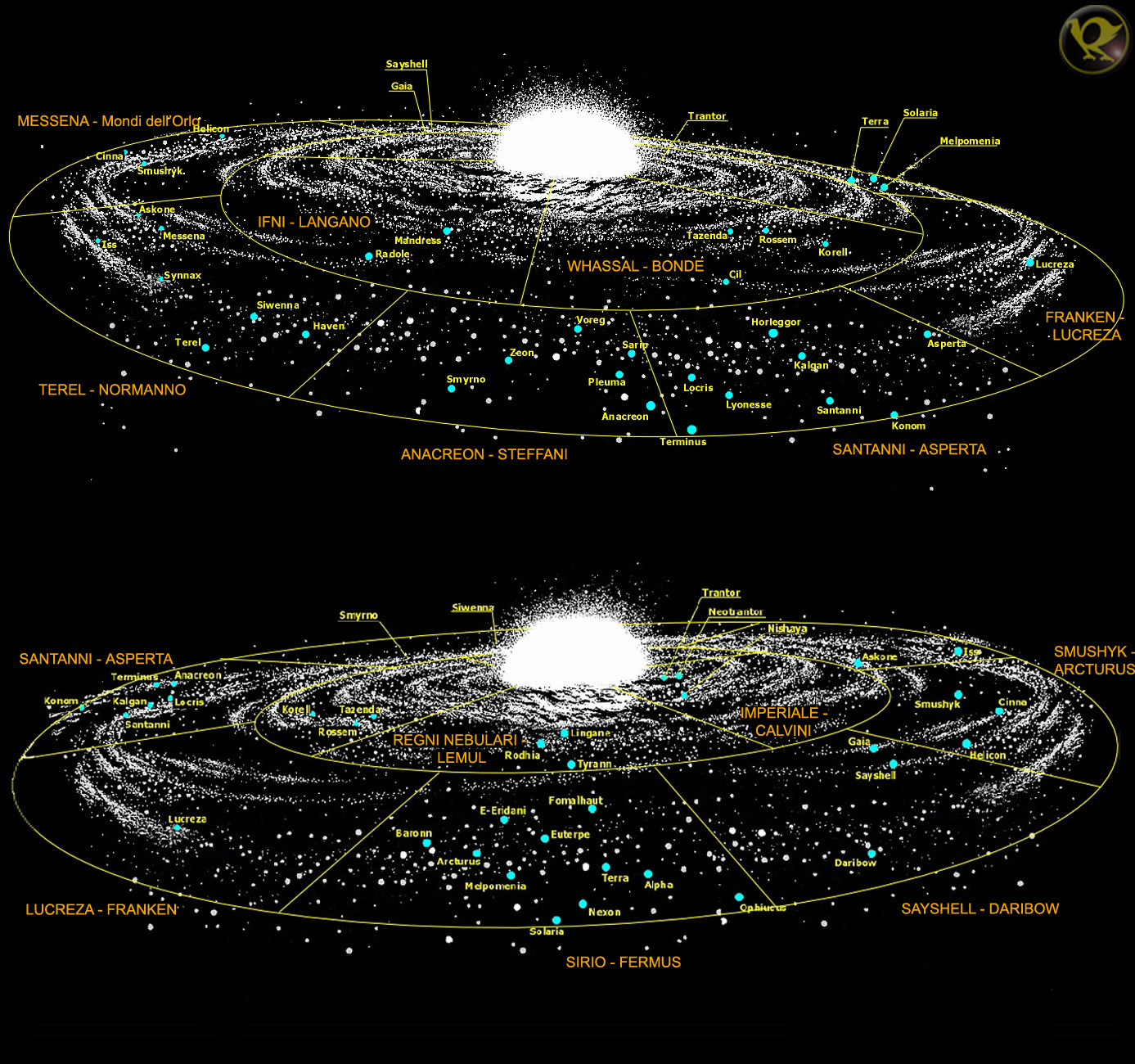Constantinople
Banned
How many of you out there have read Foundation and it's various sequels, prequels and related works?
I've read whole whole damn thing (Robots, Empire and everything) several times and despite its flaws and some of its dated-ness, I just love it. I was reminded of it recently and wanted to get a discussion going here.
I also just discovered Psychohistorical Crisis and am in the middle of reading it. Does anyone know of any other good Foundation-universe novels (or fanfics) out there, that are worth reading?
Here's a picture of The Mule on Trantor.

I've read whole whole damn thing (Robots, Empire and everything) several times and despite its flaws and some of its dated-ness, I just love it. I was reminded of it recently and wanted to get a discussion going here.
I also just discovered Psychohistorical Crisis and am in the middle of reading it. Does anyone know of any other good Foundation-universe novels (or fanfics) out there, that are worth reading?
Here's a picture of The Mule on Trantor.

